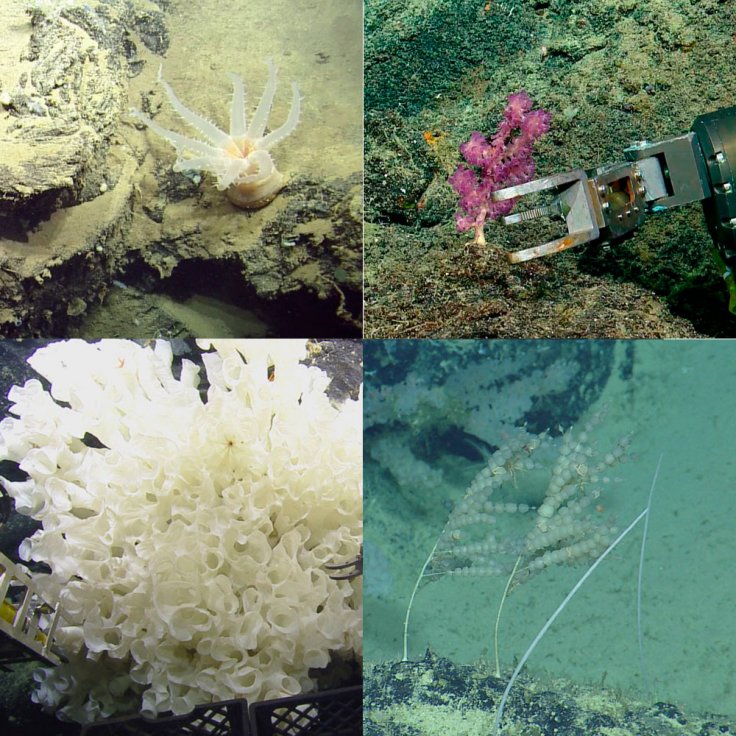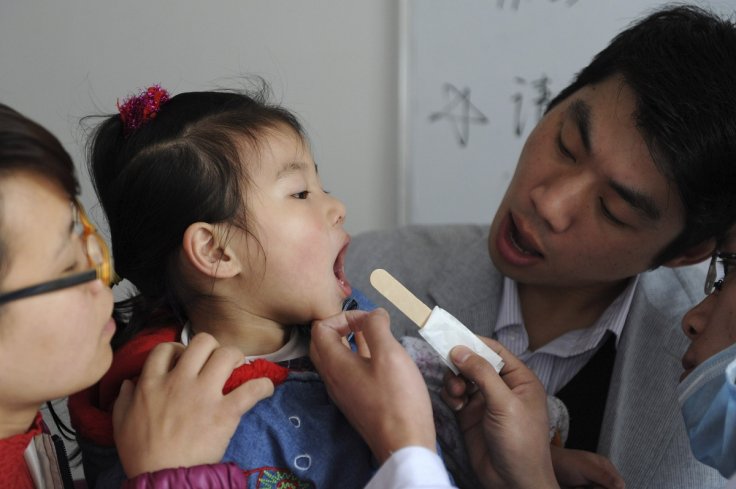A 7-year-old boy from Tehama County died after getting infected with an extremely rare brain-eating amoeba. David Pruitt came in contact with the amoeba while swimming in Northern California, his family confirmed.
According to reports, David was taken to UC Davis Medical Center with severe brain swelling, where he was on life support, for almost a month. Later he died from primary amoebic meningoencephalitis, or PAM, the Tehama County Health Services Agency said.

What is PAM? How Des it Affect the Human Body?
According to the US Centres for the Disease Control and Prevention, Primary amoebic meningoencephalitis, or PAM, is a very rare infection caused by Naegleria fowleri. This parasite is said to contaminate water and enter the human body through the nose. It settles in the brain and leads to severe damages, including inflammation of the brain.
It was assumed that the boy must have got infected while swimming in a lake, but wasn't aware until he started seeing the symptoms of infection, the TCHS said.
According to CDC, PAM can contaminate the body while taking in water from lakes, rivers, and sometimes swimming pools, if not treated adequately.
The amoeba present in the water enters through the nose and travels to the brain where it makes its habitat. The primary symptoms of the infection include severe headache, fever, nausea, and vomiting, which can progress to seizures, hallucinations, and coma, if not treated properly, CDC specified.
CDC also stated that PAM is difficult to diagnose as the symptoms are similar to that of bacterial meningitis and the infection grows rapidly inside the body. It is yet obvious for a normal person to easily mistaken these symptoms as a common problem, it said.

The difficulty in measuring the presence of this extraordinary super small organism in water increases the uncertainty of human health and makes the study challenging. It has been unclear to decide how the disease can be treated well and on time, it added.
When David was on the life support system, his aunt, Crystal Hayley, had started fundraising on behalf of the family to raise funds for his treatment, which raised nearly $20,000.
She thanked the public for their extreme support and unconditional help. Later, after his death, she also insisted his parents to tell the world about this amoeba and its ailment through media channels.









